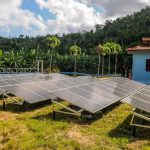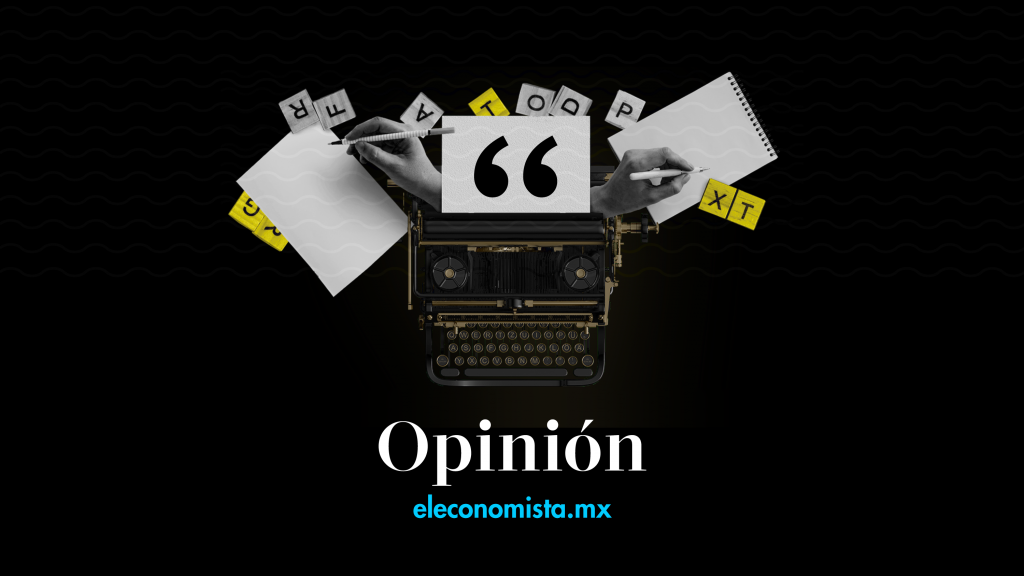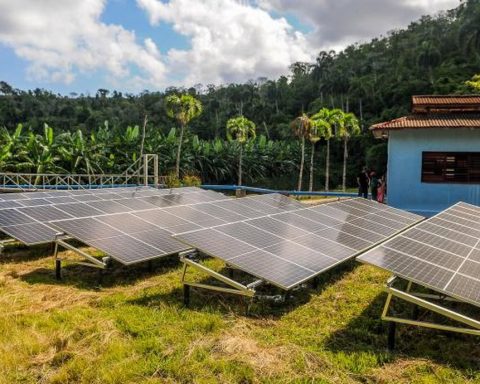Before the end of the current government of President Iván Duque, the country would have signed a new free trade agreement, this time with the United Arab Emirates (UAE)a territory that has been described as “key” for the diversification of foreign sales and the arrival in new markets.
(Colombia seeks to boost food exports at Expo Dubai).
Those are the goals of the negotiations between the two states that began this Monday and will last until the next 11th of this month, on its first day.
As explained by the Ministry of Commerce, in this round of dialogues the issues of access to markets for goods and services; commercial defense; dispute settlement; technical barriers to trade; sanitary and phytosanitary measures; rules of origin, among others.
A second range of topics, from which public purchases emerge; economic cooperation and small and medium enterprises; technical assistance and others, will be discussed at a future meeting that will be held once the first round is over.
(World powers: increasingly reluctant to get into conflicts).
The Ministry explained that these talks have been endorsed by the Higher Council for Foreign Trade since December 2021 and began “after identifying opportunities” for the agricultural and food sectors.
According to the data handled by the country’s trade portfolio, foreign sales to the UAE totaled US$162 millionof which US$32 million correspond to non-mining energy goods.
On the other hand, imports from the Persian country totaled US$53.6 million last year. With this, the trade balance for the country shows a favorable balance of US$108.4 million.
(Arab Chamber of Commerce in Colombia expands alliances in the Middle East).
Among the main exported non-mining products to that market are: bovine meat; coffee; flowers; chocolates, candies and candies; fresh or dried mangoes and mangosteens, among others.
“There is a huge space to take advantage of. The United Arab Emirates is a food importer and also an important investor in the world”, indicated Minister Lombana.
From the International Trade Observatory of the Universidad del Norte, they consider that an FTA between the two nations “would enhance direct and portfolio investments both in the primary sector, as well as the increase in the dynamics of equity investments in the most important companies in the country.”
For Cecilia Porras, president of the Colombian Arab Chamber of Commerce, she considers that “this is an opportunity for Colombia” that “it would impact the arrival in new markets, such as the countries of the Persian Gulf” since there are “no costs” for re-export or shipping cargo. “We can reach seven countries with the same output,” said Porras.
ROBERTO CASAS LUGO
BRIEFCASE


















